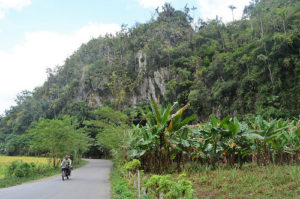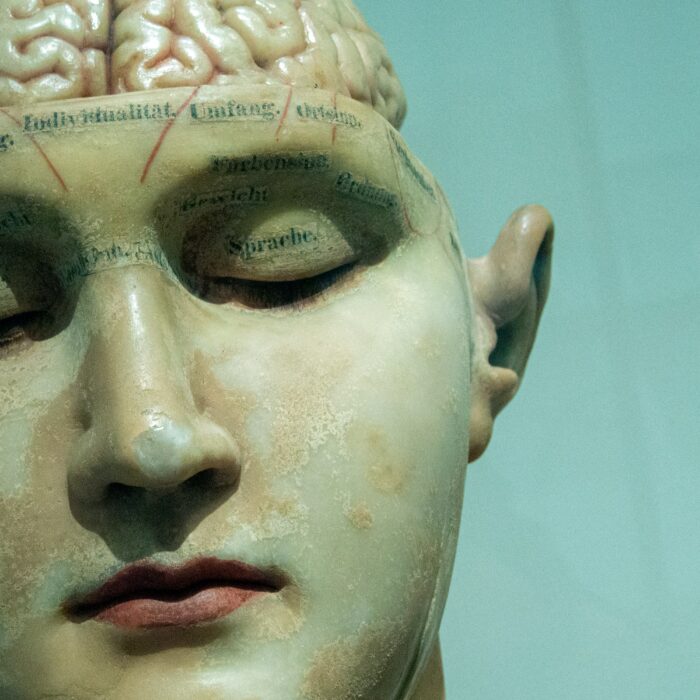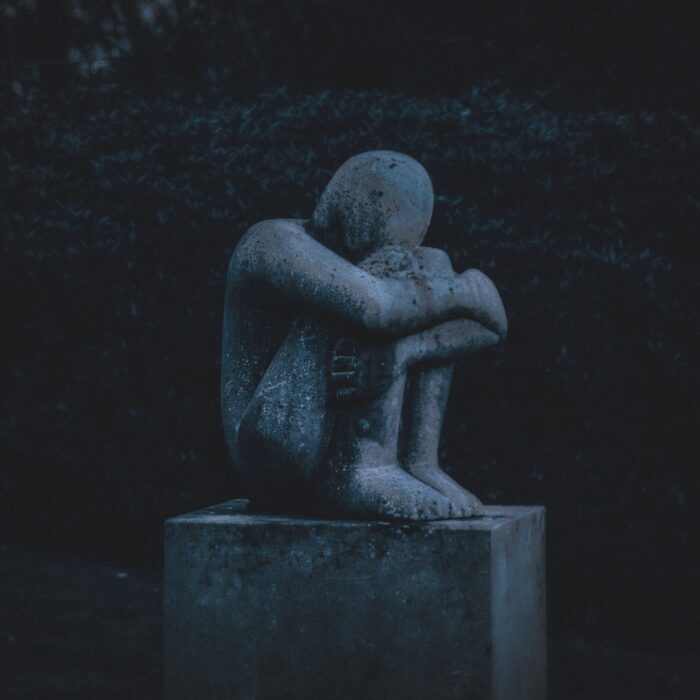You have no items in your cart. Want to get some nice things?
Go shopping From a distance they looked like cattle baying their heads at the side of the road. But when the drivers got closer the animals were actually bent-bodied men, swinging their scythes left and right, sending clumps of grass into the air like dogs scraping up dirt. The men wore sweat-stained t-shirts, mismatched tracksuit bottoms, and carried with them children’s backpacks in pink and red and other cartoonish colours. Their brows were heavy with sweat beneath the mid-afternoon sun. A sun that seemed to belong only to Cuba.
From a distance they looked like cattle baying their heads at the side of the road. But when the drivers got closer the animals were actually bent-bodied men, swinging their scythes left and right, sending clumps of grass into the air like dogs scraping up dirt. The men wore sweat-stained t-shirts, mismatched tracksuit bottoms, and carried with them children’s backpacks in pink and red and other cartoonish colours. Their brows were heavy with sweat beneath the mid-afternoon sun. A sun that seemed to belong only to Cuba.
The main highway ran between Havana and Pinar Del Rio and the men had been working it for four days. Avoiding the hedgerows and rose bushes, sometimes stealing breaks beneath the shade of the palma real that stood taller than high-rise hotels, stretching into the cloudless blue sky, swaying in the sea breeze. Ahead of the workers lay miles and miles of untouched work, and behind them the fruits of their labour: a never-ending expanse of freshly cut grass which, though roughly trimmed, was neat to the eye.
It was a Friday and the men were all eager to get home. One of the new workers, Erik, was especially keen to finish up. His mother had been knocked down by a bike-taxi in Havana and cracked her head on the curb side. Blood streaming down her neck and back, she’d survived only because the man had salvaged her shocked body from the road and rushed to the nearest medical centre. Erik thought about his mother, and his wife and child, as he swiped at the grass before him.
The other workers were easy enough to get on with, as is often the case when men are united through the mundane nature of shared labour. Erik knew that the others found the machete as heavy as he did; knew the repetitive swinging motion left them aching each morning. But there was one who made it look like easy work. Erik thought of him simply as The Big Man, because he spoke very little and Erik didn’t yet know his name. It was that sort of thing which gave people faith in God: that a man could be so perfectly built for manual labour, as if hand-sculpted by some higher being. But Erik knew that The Big Man wasn’t born that way. He’d grown into it; a worker like his father, like his grandfather. Essentially a labourer from birth.
The Small Man had been cutting grass for almost as many years as The Big Man, ever since he’d lost his job as an engineer building planes for the Soviet Union. At university in Havana he’d mastered Russian alongside his engineering degree. But since the collapse of the USSR he’d worked menial jobs, eventually joining The Big Man working the highways. The Small Man was slight in stature and in height, but Erik saw that from within he summoned great strength. He and The Big Man often worked side by side, as they set similar paces, swiping in rhythm at the front of the group.
Leading up to the point when the machete slipped from The Big Man’s sweat-soaked hand, Erik’s mind had been steadily numbed by the afternoon heat. (He was lost not in thought but in no thought at all, hypnotised by boredom.) And from that moment the whole scene turned over in slow motion as if they were all actors with set lines and movements, only they were under-practiced and awkward because this was real life and not a dress rehearsal.
The sound of a booted foot stepping on ice made Erik feel cold all of a sudden. The machete had grounded itself in the skin and bone of The Small Man’s lower chest. The Small Man looked down at the blade embedded inside him, blood consuming a patch on his filthy t-shirt like deep-red paint poured onto canvas. He smiled at The Big Man and said that he was OK. Then, as if beginning his lunch break, he sank back into the grass and groaned wearily.
Erik stared with useless eyes and sticky feet. Lying down reduced the blood flow a little but still it pumped from The Small Man’s chest with each breath. Feet unstuck, Erik rushed to him and comforted him, taking The Small Man’s head and setting it in his own lap. The colour in his face was gone and his eyes were big and young and he looked child-like with his pale face in the lap of another man. The handled blade remained stuck into him and pointed up towards the sky like a raised flag, an SOS. And the Big Man, still standing, was murmuring something to himself repeatedly, as if under prayer or trance.
The Small Man suffered the same fate as the hitchhikers dotted up and down the highway, pesos dangling from the hands of their tired arms like dead leaves waiting to fall. No passing cars stopped and the workers watched as oxen-led farm carts and bike-taxis moved slowly in the opposite direction.
Eventually, a horse-drawn trailer approached, so the workers flagged it down and used their strength to lift The Small Man aboard. They left the machete where it was in his chest. Erik, thinking of his own mother, went with The Small Man, supporting the machete with one hand and with the other wiping cold sweat from his brow. He wanted to speak but he didn’t know what to say. He had no idea The Small Man had been an engineer. No idea he had built planes for the Soviets. He knew nothing about the man.
The horse-drawn trailer moved into the distance, travelling neither fast nor slow.
Sitting on the grass bank, The Big Man looked on towards where the trailer had been but it was gone and so he stared into nothingness. He wished he would dissolve into nothingness. For in the books he’d read and the films he’d seen and the stories he’d heard, the repercussions of killing a man were only ever negative. He prayed he had not killed a man. He prayed his friend would live.
Just then – and unbeknown to the men – a taxi of tourists shot past in the middle lane, travelling in the direction the workers had come from. Bellies full of lobster and faces delicate from drink, they didn’t notice the workers or the patch of blood-darkened grass whose blades were drying out in the relentless sun. They only saw the clean, neat, green grass which went on down the highway for as far as the eye would allow.
The Big Man remained silent still and the rest of the workers said nothing as the foreman declared a ten-minute rest. As they sat weary limbed in the uncut grass they were thinking about the afternoon’s work ahead. They were thinking about tomorrow’s work. Then they tried to think of nothing at all.

About Gregory Cartwright
Gregory Cartwright is a writer from the West Midlands whose work has previously appeared in Neon Literary Magazine. Recently, he completed a trans-American trip from the US-Canada border to Argentine Patagonia.




